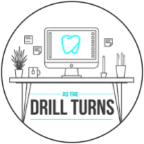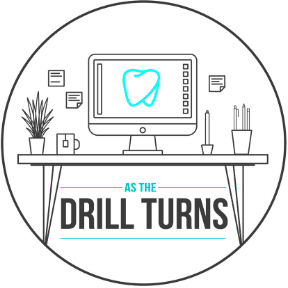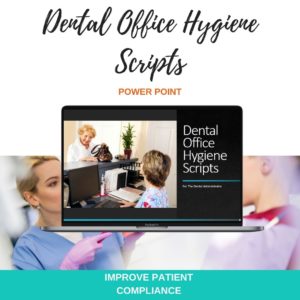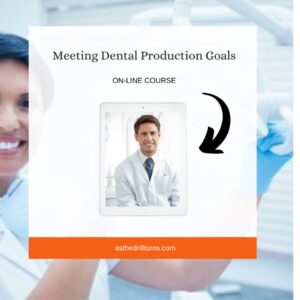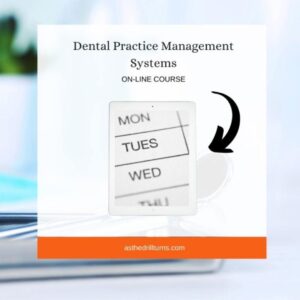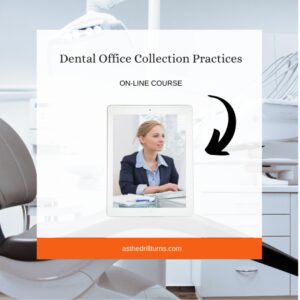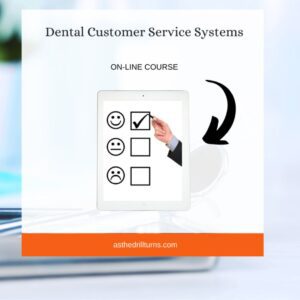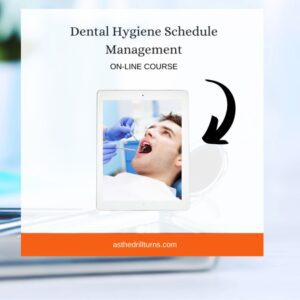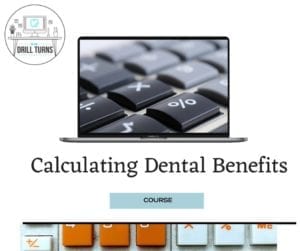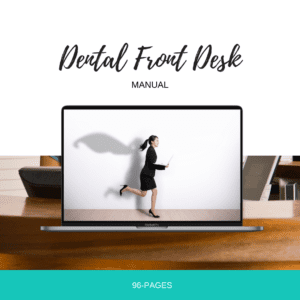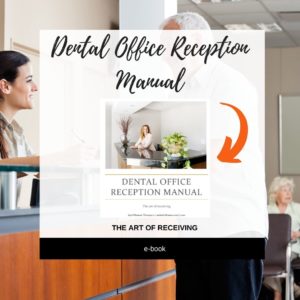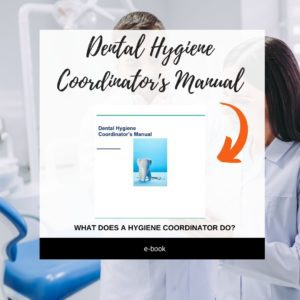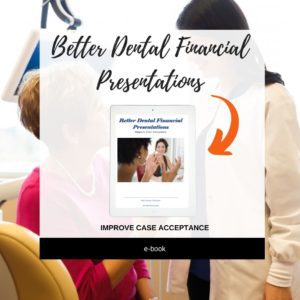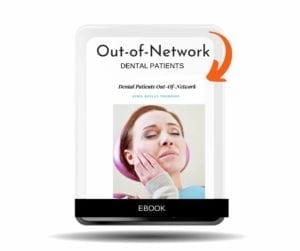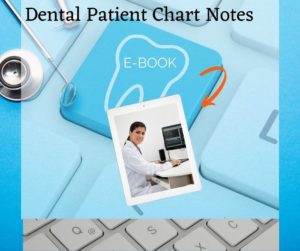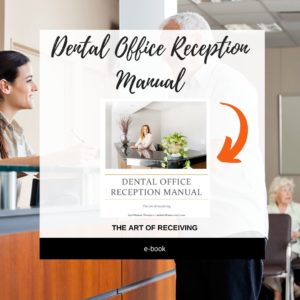Infection Control in Dentistry and Dental Administrative Awareness

Infection Control in Dentistry is a guest post written by Dr. Mehmood Asghar. And during these times specifically, we must have our dental administrative teams on board with this. Because our dental patients have more questions than ever about infection control. We have a responsibility to educate our entire teams, including administrators, in our dental office practices. So, let’s jump in and see what Dr. Asghar has for us today!
We have taken a little break from our accounts receivable focus this month. But we’ll jump back on track next week. Be sure to sign up to receive these free blog posts and articles delivered directly to your email inbox today!
Infection Control in Dentistry with Dr. Asghar
Dentists see hundreds of patients each day, coming from different areas and walks of life. But all of them have one thing in common: they all have to sit on the same dental chair and undergo treatment with the same dental equipment and instruments. Therefore, if preventive measures are not undertaken there are high chances of infection transmission at the dentist’s office, especially during the prevailing COVID-19 pandemic.
But you don’t have to worry. Because all dentists are trained to ensure the safety of their patients and members of their team. The Centers for Disease Control have recommended guidelines for dentists to ensure optimal infection control measures in their offices.

Infection Control in Dentistry: What Measures Do Dentists Use?
So, how do dentists ensure infection control in dentistry? This article provides an overview of the various ways in which your dentist makes sure that both you and their team remain safe and healthy.
Patient Screening
In the post-COVID-19 scenario, dentists have become even more cautious in implementing infection control in dentistry. One of these measures is prior telephonic screening of the patients before they physically visit for an appointment. During the screening process high-risk patients, the elderly, or patients who have had close contact with a confirmed Covid case are identified and treated accordingly.
If a high-risk patient’s problem can be solved over the telephone, they will not be asked to visit. However, if they require emergency dental care, dentists will make special arrangements for them – to ensure the safety of their team and other patients.
At the dental office, every patient’s temperature is recorded and social distancing measures are enforced to minimize infection transmission. This is done by limiting the number of patients in the waiting area and ensuring a six feet distance between individuals at all times.
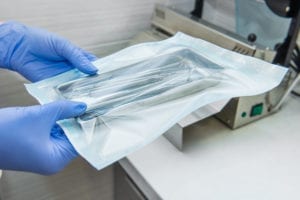
Sterilization and Disinfection
The American Dental Association has issued guidelines that instruct dentists to sterilize all dental instruments prior to use. In addition, your dentist will disinfect the operating room – countertop surfaces, drawer handles, the dental chair, all non-disposable instruments and other surfaces that you or the staff may touch – to make sure that they are clean and free from infection.
Dentists also use various indicators to assess the quality of sterilization. These indicators change color when they have been sufficiently sterilized, indicating that they are now ready for clinical use.
In addition, your dentist will also disinfect your teeth impressions or study models before sending – and after receiving – them from the dental laboratory. This step minimizes the chances of infection transmission in laboratory settings as well.
Personal Protective Equipment (PPE)
The dentist and their team members have to wear personal protective equipment. This includes aprons, gloves, goggles, and face shields. And is to minimize the chances of cross-infection transmission. The PPE is not just for the safety of the dental team members. But is also to break the chain of infection and to keep the patients safe as well. In some cases, the patients are also asked to wear PPE such as aprons to provide added infection control in dentistry.
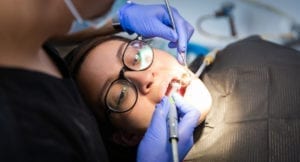
Waste Management
Infection control in dentistry is also ensured through careful segregation. And also with disposal of clinical and general waste. Dentists are required to dispose of disposable items such as syringes, blades, gloves or face masks after they have been used on a patient. This is because these items are potential sources for infection transmission. Also, they may be contaminated with the patient’s blood or saliva . That is why dentists carefully dispose of all clinical waste so that it does not come in contact with anyone after they have been used.
Ventilation
Dentists use ventilation systems to ensure the air is clean. We can prevent infection transmission through the aerosol and droplets generated in the dental office during procedures. Dentists use ventilation systems that remove these droplets and ensure continuous supply of fresh air.

Infection Control in Dentistry Resources
The World Health Organization has also presented various recommendations for ensuring adequate ventilation in healthcare settings, which prevent infection spread. The idea is to channel the contaminated air inside the dental office outside. Then, the aerosol, droplets and pathogens are diluted and are not harmful anymore.
During the COVID-19 pandemic, the dental office waiting areas, staff rooms, and especially dental operatory is routinely sanitized. This is especially necessary after every patient. And to ensure your safety and wellbeing. Both are important to your dentist.
It is natural to be afraid of visiting the dentist during these challenging times, but you can rest assured that your dentist cares deeply about your health and safety. That is why they will take every measure to make the dental office a comfortable, relaxing, and infection-free space for you. In fact, dentists have been following infection control in dentistry measures for decades before the COVID-19 pandemic arrived.
The American Dental Association offers an overview of what you can expect during an appointment with your dentist in the COVID-19 era. There is absolutely nothing to worry about while going to the dentist – you are in safe hands.
About the author
Dr. Mehmood Asghar is a dentist, an educationist, and a researcher in dental biomaterials. He is currently working as an Assistant Professor in Dental Biomaterials at the National University of Medical Sciences, Pakistan, in addition to pursuing a Ph.D. in Dental Biomaterials. Apart from his professional activities, Dr. Asghar loves reading, writing, and working out. Currently writing for Rockwest Dental Clinic Mississauga.
